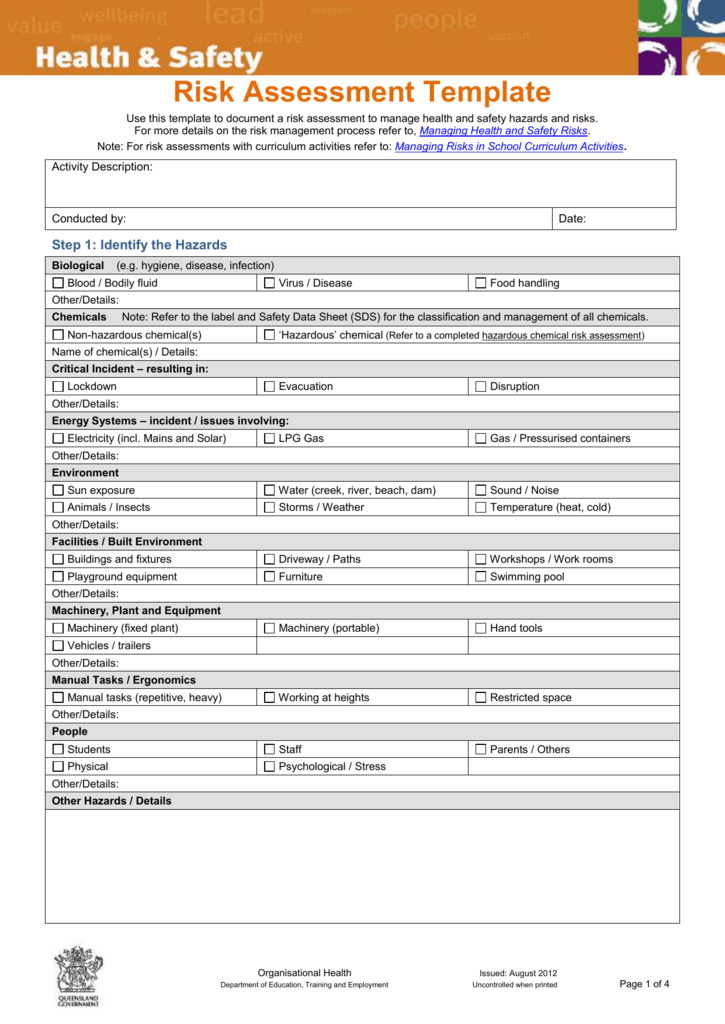
They are responsible for the management of a group. They are responsible for balancing their work load and completing tasks on time. They provide constructive feedback and manage conflict among team members. Most successful managers are able to find a balance between their personal and professional lives. These traits make team leaders effective. They are able to motivate and improve the morale of their team members.
Leadership skills
To be a great team manager, leadership skills are essential. The ability to think strategically and translate organizational goals into concrete results is essential for team leaders. Leaders without this skill will run into obstacles that will hurt the organization in the long run. They will lose sight about the importance their team plays in the success of the organization, as well as their own contribution to it. Developing strategic thinking requires a leader to step back from current issues and understand the organization's goals and the complexities of internal and external factors.
It is important for team leaders to be approachable, and open to talking with others. Leadership requires open listening. It shows that you can understand others' viewpoints and listen to them before you decide what to do. This skill allows you motivate your team and to acknowledge their input.

Communication skills
Communication skills are critical in the workplace as well as in managing a team. Organizational success is hindered by poor communication. Gatehouse found that communication problems between managers were the most common cause of poor internal communication. A mere 14 percent said they were inspired by their performance reviews. To overcome this problem, managers should understand how to engage their team members and build relationships. This can be achieved by listening effectively and clarifying the views and ideas of their colleagues.
The best way to communicate with people is to be direct and honest with them. Some employees prefer detail while others prefer generalization. Knowing which communication style your team prefers will help you adjust your communication style. Paying more attention and consideration to the communication preferences of your team members will make them feel valued and heard.
Organisational skills
The ability to organize is crucial for anyone who wants to lead a team. These skills help you to manage time, people, and conflict. You will be more trustworthy and appear more credible if your ability to prioritize tasks, and you are organized. If you are able to organize your thoughts and solve problems, you will be able to analyze complex situations and find solutions. You can also stay calm when under pressure by being organized.
Being organized will allow you to communicate more effectively with your team. It will also help you spend more time on your most important tasks. A cluttered workspace can lead to decreased focus on your work and stress. You can keep your workspace cluttered by rewriting your to do list.

Time management
Time management is a key part of team management. Regular check-ins and the use a tool to track the progress of each project are two examples of good time management. Encourage team members to be productive, and celebrate their achievements. Good time management is key to maximizing productivity and preventing overload.
No matter how large or small your team is, time management will be crucial to the success and growth of your business. To be able to adapt to new circumstances, you must have a good time management strategy. Aligning your staff is one way you can do this. According to studies, teams spend two-thirds their time communicating, connecting, or collaborating. Inefficient communication also accounts for 15% of employees' lost work time.
FAQ
Why does it sometimes seem so hard to make good business decisions
Complex business systems have many moving parts. The people who run them must juggle multiple priorities at once while also dealing with uncertainty and complexity.
It is important to understand the effects of these factors on the system in order to make informed decisions.
You must first consider what each piece of the system does and why. You then need to consider how those individual pieces interact with each other.
You need to ask yourself if your previous actions have led you to make unfounded assumptions. If they don't, you may want to reconsider them.
Asking for assistance from someone else is a good idea if you are still having trouble. You may be able to see things from a different perspective than you are and gain insight that can help you find a solution.
Which kind of people use Six Sigma
People who have worked with statistics and operations research will usually be familiar with the concepts behind six sigma. Anybody involved in any aspect or business can benefit.
It requires high levels of commitment and leadership skills to be successful.
How does a manager learn to manage?
Good management skills are essential for success.
Managers must constantly monitor the performance of their subordinates.
You must act quickly if you notice that your subordinate isn’t performing to their standards.
It is essential to know what areas need to be improved and how to do it.
Statistics
- Hire the top business lawyers and save up to 60% on legal fees (upcounsel.com)
- The profession is expected to grow 7% by 2028, a bit faster than the national average. (wgu.edu)
- 100% of the courses are offered online, and no campus visits are required — a big time-saver for you. (online.uc.edu)
- This field is expected to grow about 7% by 2028, a bit faster than the national average for job growth. (wgu.edu)
- Your choice in Step 5 may very likely be the same or similar to the alternative you placed at the top of your list at the end of Step 4. (umassd.edu)
External Links
How To
How can you apply the 5S in the office?
Your first step in making your workplace more efficient and productive is to organize everything. A tidy desk, a clean room and a well-organized workspace will help everyone be more productive. The five "S"'s (Sort. Shine. Clean. Separate. And Store) help to maximize space and ensure efficiency. This session will go over each of these steps and show how they can be used in any setting.
-
Sort. You can get rid of all papers and clutter, so you don’t waste time looking for what you need. This means that you should put things where they are most useful. If you frequently refer back to something, put it near the place where you look up information or do research. Consider whether you really need the item. If it no longer serves a useful purpose, get rid it!
-
Shine. Get rid of anything that could potentially cause damage or harm to others. It is possible to have too many pens around and not be able to safely store them. A pen holder might be a good investment, as it will prevent you from losing pens.
-
Sweep. You should clean your surfaces often to prevent dirt and grime from building up. You may want to invest in some dusting equipment to ensure that all surfaces are as clean as possible. To keep your workspace tidy, you could even designate a particular area for dusting and cleaning.
-
Separate. Separate your trash into multiple bins to save time when you have to dispose of it. To make it easy to dispose of the trash, you will find them strategically placed around the office. To make sure you use this space, place trash bags next each bin. This will save you the time of digging through trash piles to find what your looking for.